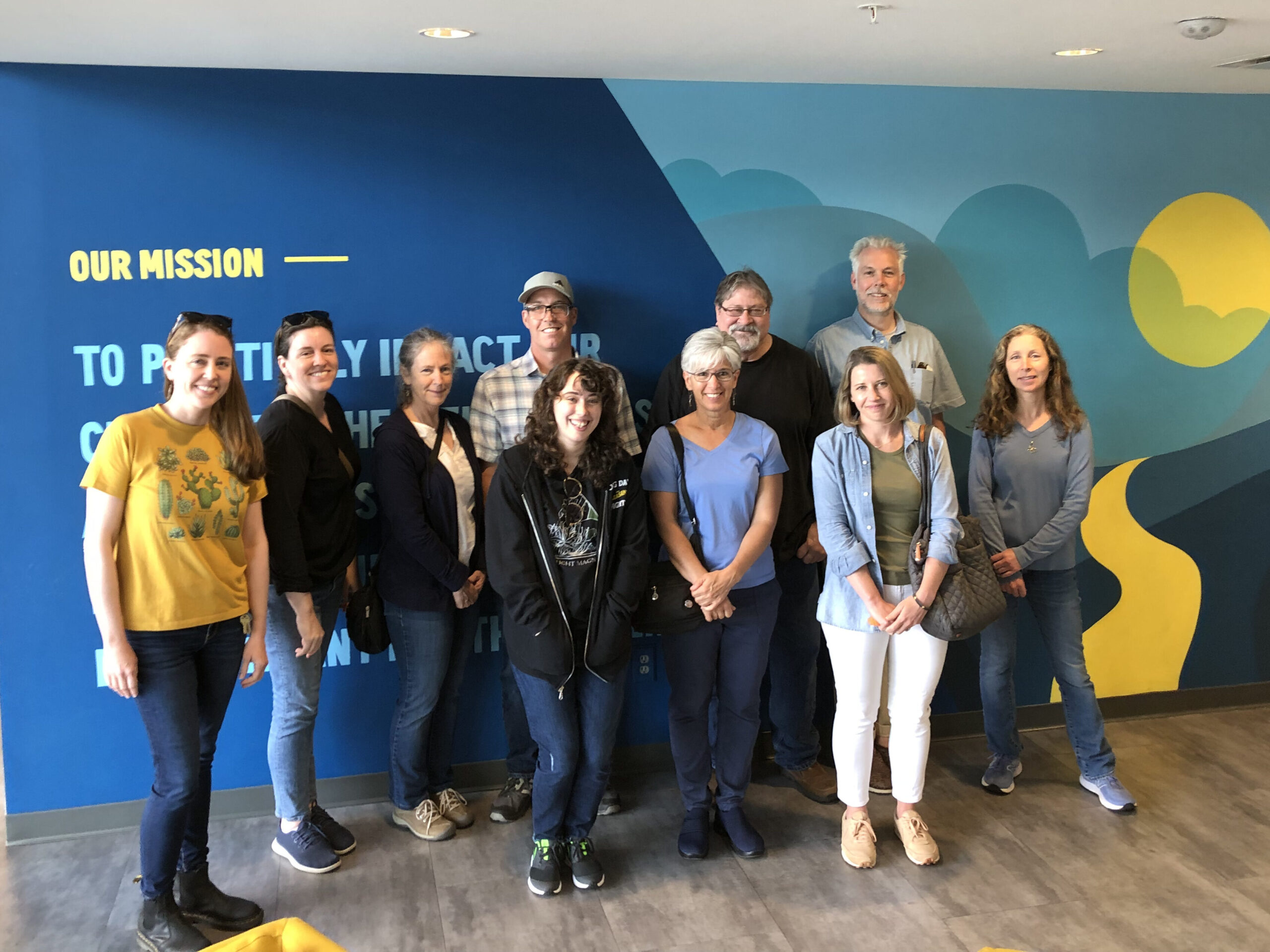Over the summer weeks, one of the things we like to do is catch up with our professional reading. Here are just a few of the things we read this summer.
It’s Time for Academe to Take Podcasting Seriously
Written by members of a working group within the Modern Language Association (MLA), this article discusses the potential of podcasts as pedagogy and scholarship, including 1) assigning scholarly podcasts as required course resources (which is also an example of OER adoption for course content) to increase student engagement and listening comprehension skills; 2) designing team-based podcast assignments with written and audio production components to improve collaboration and oral communication skills; and, 3) supporting scholarly podcasts produced by faculty and students through both the recognition of podcasts as public humanities scholarship and the provision of technical support and physical and monetary resources. “As a form of public scholarship, high-quality podcast creation reinforces the connection between the university and society at large. It offers a rare opportunity to make scholarship accessible to a far greater audience than written materials could ever reach.”
Lyndsay Bratton
One Useful Thing
This summer I have focused on keeping up with the constant development of AI tools for teaching in higher education. I have found that Ethan Mollick’s blog, One Useful Thing has been particularly enlightening. Each post shares useful insights into the latest AI tool advancements and offers examples for applying the tools in an undergraduate course setting. Especially noteworthy are the following posts: Assigning AI: Seven Ways of Using AI in Class, The Homework Apocalypse, and What AI can do with a toolbox… Getting started with Code Interpreter.
Lori Looney
For Adam’s Sake: A Family Saga in Colonial New England
Allegra Di Bonaventura’s book For Adam’s Sake is part of a growing body of scholarship that reconsiders slavery in the North and New England in particular. For Adam’s Sake is especially intriguing the way Di Bonaventura reads Joshua Hempstead’s diary as a window onto the daily life of the book’s titular namesake, Adam Jackson, “maybe the most documented slave” in American history, to paraphrase Di Bonaventura, who spoke at the Lyman Allyn Art Museum on February 15, 2023. Adam Jackson, who was born to Joan Jackson on Fox Farm several miles north of New London circa 1701, spent the majority of his adult life enslaved by Joshua Hempstead at the historic Hempstead House in downtown New London. Joan was known as a mulatto woman whose father could have been a member of the Rogers family. Adam’s father, John Jackson, arrived by ship, possibly at Winthrop Cove, around 1686 and lived nearby while he was enslaved by the Rogers family on Mamacock Farm (land that is now part of Connecticut College), before gaining his freedom by 1700. The 350 page book contains more than 50 pages of notes that bring to light a uniquely consistent documentary record of slavery in New London in the eighteenth-century.
Andrew Lopez
GPT-4 Can Already Pass Freshman Year at Harvard
Be afraid, be very afraid. Maya Bodnick’s article in the Chronicle of Higher Education discusses the issues around the rise of advanced large-language models (LLM) like ChatGPT. It is a concern for higher ed, and something we should be talking about as a campus. Frightening quotes from the article below!
- “It’s worth noting that GPT-4 doesn’t write the same thing every time when given the same prompt, and over time the chatbot will almost certainly get even better at creating a writing tone that feels personal and unique; it’s possible GPT-4 might even learn each person’s writing style and adapt its responses to fit that style.
- Studies have found that 89% of students use Chat GPT.
- “The tool risks intellectually impoverishing the next generation of Americans. Professors need to completely upend how they teach the humanities and social sciences if they want to avoid this outcome.”
Ariela McCaffrey
Inclusive Teaching: Strategies for Promoting Equity in the College Classroom
Kelly Hogan and Viji Sathy’s 2022 book, Inclusive Teaching: Strategies for Promoting Equity in the College Classroom, presents a compelling argument for developing structured courses that forefront inclusivity. The book does a wonderful job of introducing specific strategies – including checklists! – for developing all aspects of a course. Here are a few excerpts from the checklists:
- “Do not assume your students know how best to approach your course. Embed resources and assignments that help make how to succeed transparent to all students.” (p. 26)
- “If you have resources to help students learn (such as a study guide), don’t assume all students will use them. Require completion by all students to ensure equitable engagement.” (p. 48)
- “Research the costs of the materials you will use in your course. Be sure that if you ask students to pay for resources, they will be heavily utilized.” (p. 83)
The authors have a wealth of experience, draw from research and the scholarship of teaching and learning, and clearly care about teaching and student success. I highly recommend this book to anyone interested in revising their courses, creating new courses, or if you need some fresh, new ideas for your classes.

